When Artificial Intelligence Becomes a Writer: Humorous Short Stories by a Machine
In today’s rapidly evolving digital age, artificial intelligence (AI) is gradually becoming a part of nearly every aspect of our daily lives, from how we communicate to how we work, learn, and entertain ourselves. From automating mundane tasks to diagnosing medical conditions, AI’s capabilities are advancing at an astonishing rate. But beyond the serious implications of AI in healthcare, education, and industry, there lies a surprisingly entertaining and creative frontier: AI as a storyteller. Imagine a world where AI isn’t just your helpful assistant but also your favorite author. It sounds like science fiction, but it’s becoming a reality. So, what happens when AI becomes a writer? Let’s dive into a whimsical, hilarious, and unexpected world of AI-written short stories.
AI and Literature: A Strange New Collaboration
For centuries, literature has been one of the most human forms of expression. Storytelling captures our emotions, imaginations, and thoughts in ways that resonate across generations. Writers have the unique ability to craft narratives that entertain, educate, provoke thought, and evoke feelings. But in the age of AI, even the art of storytelling is undergoing a transformation. AI is no longer confined to solving math problems or analyzing large data sets—it’s learning to craft narratives. And this transformation is driven by advanced technologies like Natural Language Processing (NLP) and Machine Learning (ML), which allow AI to understand and generate human-like language.
One of the most advanced language models currently available is GPT-3, created by OpenAI. GPT-3 is capable of producing text so natural and coherent that it can be difficult to distinguish between machine-generated content and human-authored text. From composing poetry to writing news articles, GPT-3’s versatility has impressed many. It’s a fascinating development because it introduces a future where AI could collaborate with humans in creating art, including literature. Could AI be the next bestselling author? Well, let’s find out.
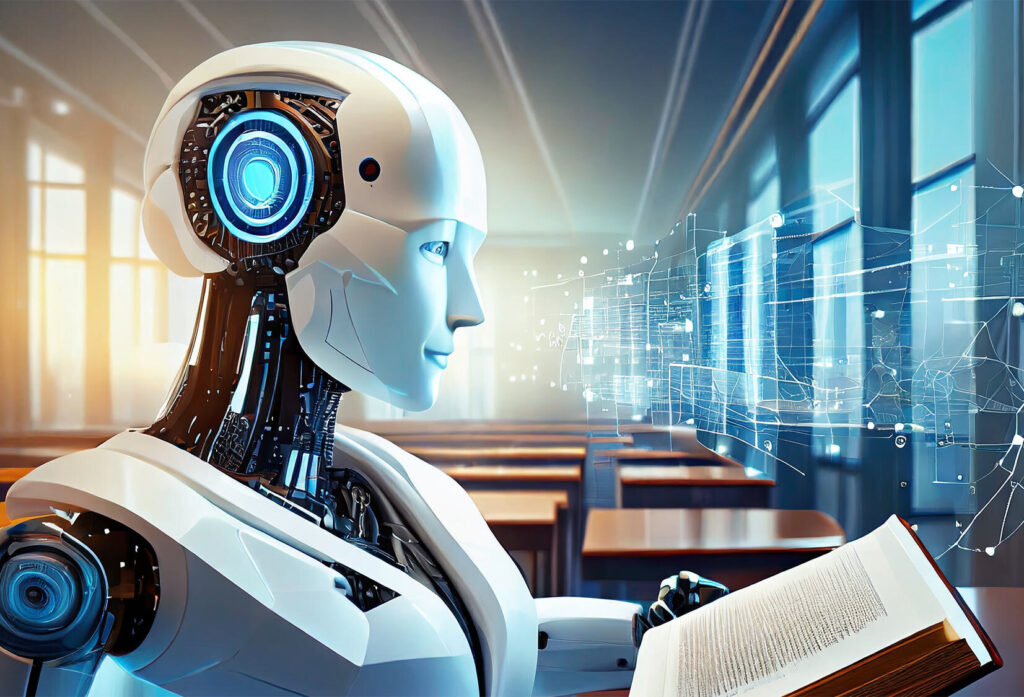
How AI Writes: The Basics Behind the Magic
Before diving into AI’s humorous short stories, it’s important to understand how AI writes. AI models like GPT-3 are trained on vast datasets consisting of text from books, articles, websites, and more. This means the AI “learns” patterns, word associations, and structures from massive amounts of written content. The result is an AI that can generate text that mimics the nuances of human writing.
However, while AI can replicate structures and predict the next word in a sentence based on context, it lacks true creativity, emotion, and experience. AI doesn’t have feelings, nor does it experience the world as humans do. Its “creativity” comes from processing and rearranging pre-existing information. This leads to fascinating and sometimes unpredictable outputs that can be amusing, nonsensical, or even profound.
The humorous side of AI storytelling often emerges when the AI’s logical approach clashes with the inherently emotional and imaginative nature of storytelling. What AI produces can be wildly unpredictable—often to the delight of readers.
AI Short Stories: Fun, Laughter, and Whimsy
So, what happens when you ask an AI to write a short story? The results can be surprisingly entertaining, albeit often nonsensical. AI-written stories tend to follow a logical progression but might suddenly take unexpected turns, introducing quirky twists that feel outlandish in human terms but make perfect “sense” to the AI’s programming. Here’s an example of how AI might spin a whimsical short story:
“Once upon a time, in a kingdom far away, there lived a dragon named Ralph. Unlike other dragons, Ralph wasn’t interested in hoarding treasure or kidnapping princesses. Instead, Ralph had a deep passion for… baking. Every morning, Ralph would rise early, heat up his fire-breathing furnace, and whip up delicious pastries for the creatures of the enchanted forest.”
The idea of a dragon who bakes pastries is inherently whimsical and fun—two qualities that often define AI-generated stories. Ralph the Dragon might have been inspired by a combination of dragon folklore and the vast array of baking stories that exist in the datasets the AI was trained on. But Ralph’s baking adventures don’t stop there.
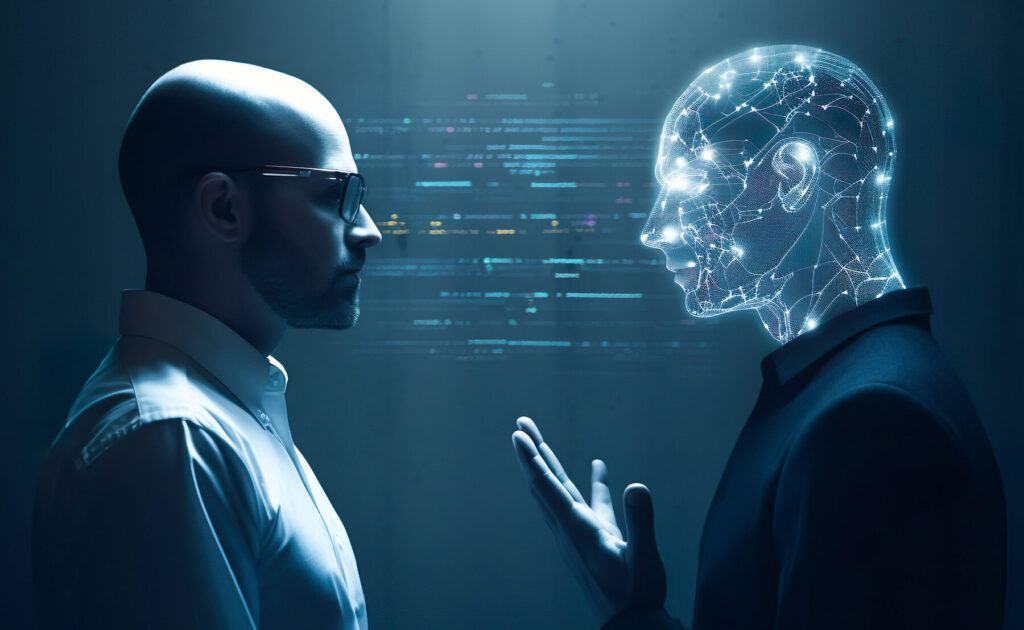
Unexpected Twists from AI
One of the most delightful aspects of AI storytelling is its ability to produce unpredictable plot twists. AI doesn’t think like humans, so it’s bound to introduce ideas that seem offbeat or completely random but are hilarious in their own way. Let’s return to Ralph’s story:
“One day, while Ralph was busy frosting a massive chocolate cake, a visitor knocked on his cave door. It wasn’t a brave knight or a frightened villager—it was Princess Emily. But Princess Emily wasn’t there to be rescued or to battle Ralph. She had heard about Ralph’s famous pastries and wanted to learn how to bake. After all, Emily had plans to retire from her royal duties and open her very own bakery.”
This unexpected twist adds a humorous element to the story. In traditional fairy tales, dragons and princesses are often on opposing sides—one captures, and the other is rescued. But in AI’s world, the princess is more interested in picking up a new hobby than being saved. The result? A unique and laugh-out-loud scenario where a fire-breathing dragon teaches a royal how to perfect the art of baking.
As Ralph and Princess Emily embark on their baking journey, the story might veer into absurd territory. For example, Ralph could accidentally torch a batch of muffins, or the royal oven could malfunction and turn into a bubble-blowing machine. AI’s random associations and unpredictable logic create a narrative that’s absurdly funny.
Why AI Stories are so Entertaining
What makes AI-generated stories so amusing? Part of the charm lies in the novelty of a machine trying to grasp complex human concepts like humor, relationships, and creativity. Because AI lacks an emotional compass, its attempts at storytelling often miss the mark in a delightful way. The resulting narratives are quirky, sometimes nonsensical, but always entertaining.
Take Ralph’s story, for instance. The AI doesn’t inherently understand that dragons typically don’t bake cakes or that princesses aren’t supposed to learn baking from dragons. It simply mixes familiar elements in novel ways, resulting in a blend of fantasy and hilarity that captivates readers. This ability to combine the familiar with the absurd is what makes AI storytelling so enjoyable.
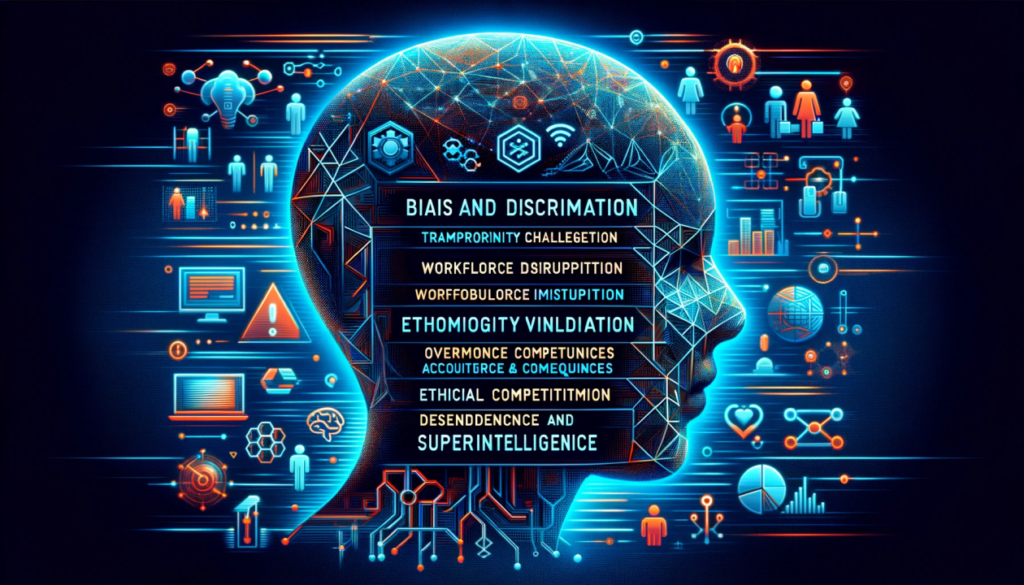
The Future of AI in Creative Writing
While AI is far from replacing human writers, its presence in the world of creative writing is growing. AI can be a valuable tool for authors looking to brainstorm ideas, overcome writer’s block, or explore new narrative structures. It’s also an excellent source of entertainment for those who enjoy quirky, unpredictable stories.
Imagine a future where AI collaborates with human writers to create unique stories that blend machine logic with human emotion. Authors could use AI to generate plots, characters, or even dialogue, allowing them to focus on refining the emotional and creative aspects of the story. In this sense, AI could become a creative partner, enhancing the storytelling process rather than replacing it.
For now, AI-generated stories serve as a reminder of the vast potential of technology while providing us with moments of joy and laughter. Whether it’s a dragon baking cakes or a princess learning to cook, AI’s storytelling capabilities open up new avenues for creativity and humor.
Conclusion
Artificial intelligence is rapidly becoming an integral part of modern life, but it’s not just limited to solving practical problems. AI’s foray into the world of creative writing has shown us that machines can be a source of fun, laughter, and unexpected storytelling. As AI continues to develop, we can look forward to even more entertaining and quirky stories that surprise and delight us.
So, the next time you need a whimsical short story, why not let AI give it a shot? Who knows—your next favorite tale might just come from a machine that doesn’t know the difference between a fire-breathing dragon and a cake-baking one. And that, in itself, is part of the magic of AI storytelling.
https://www.youtube.com/@nexttechreview

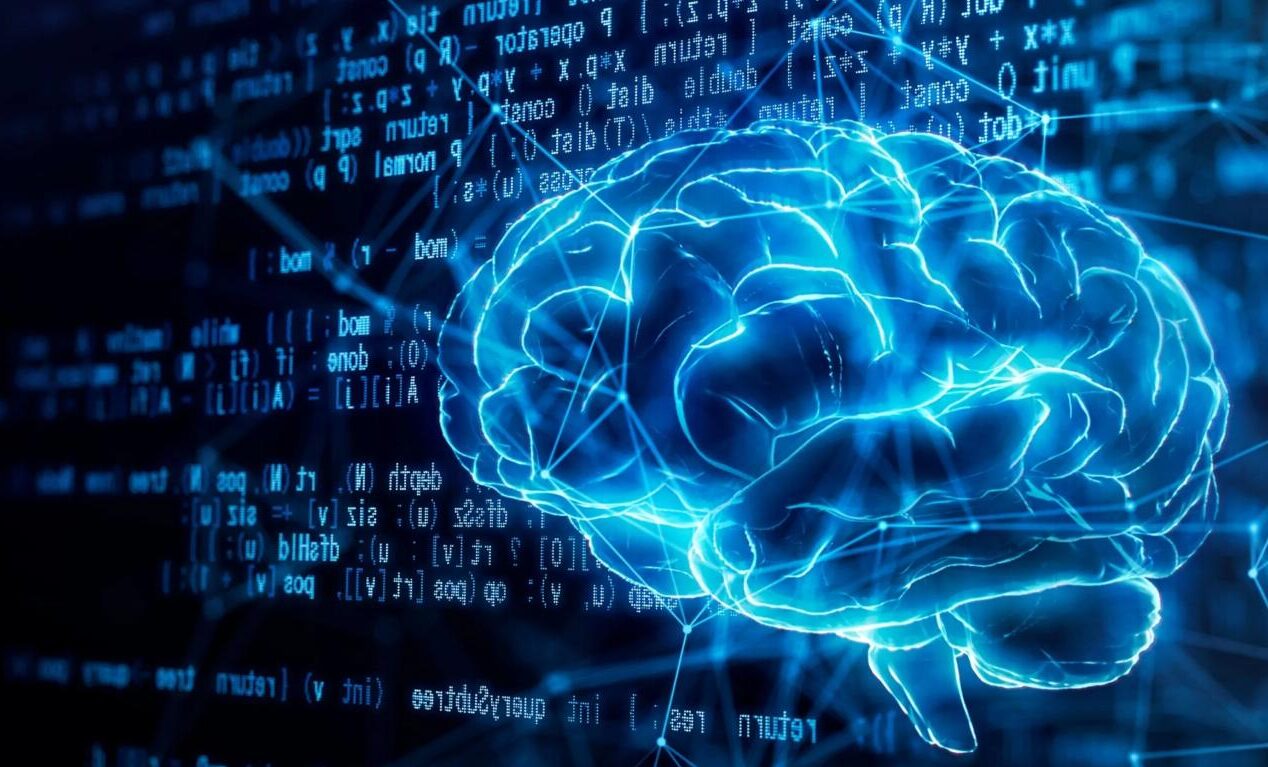
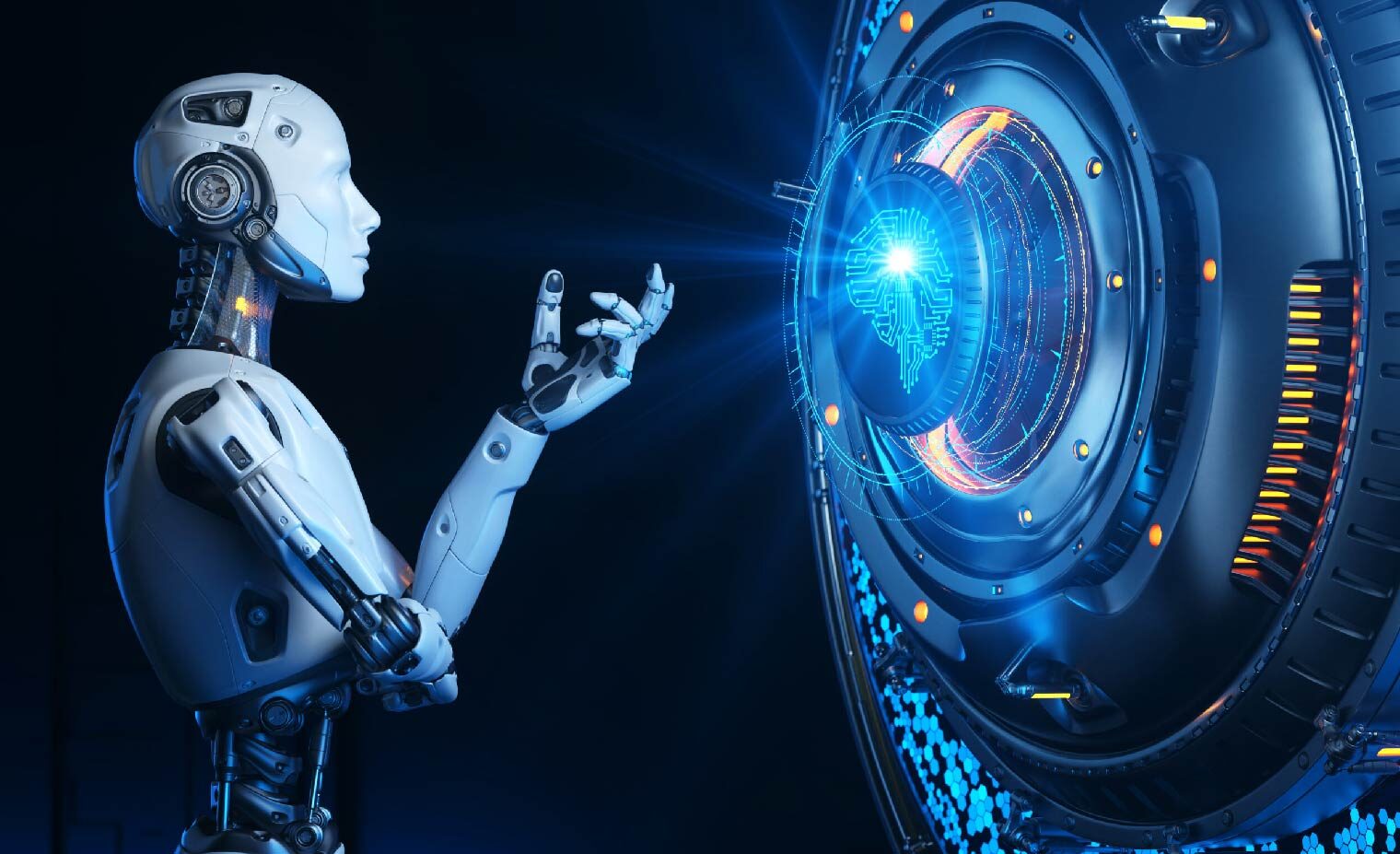
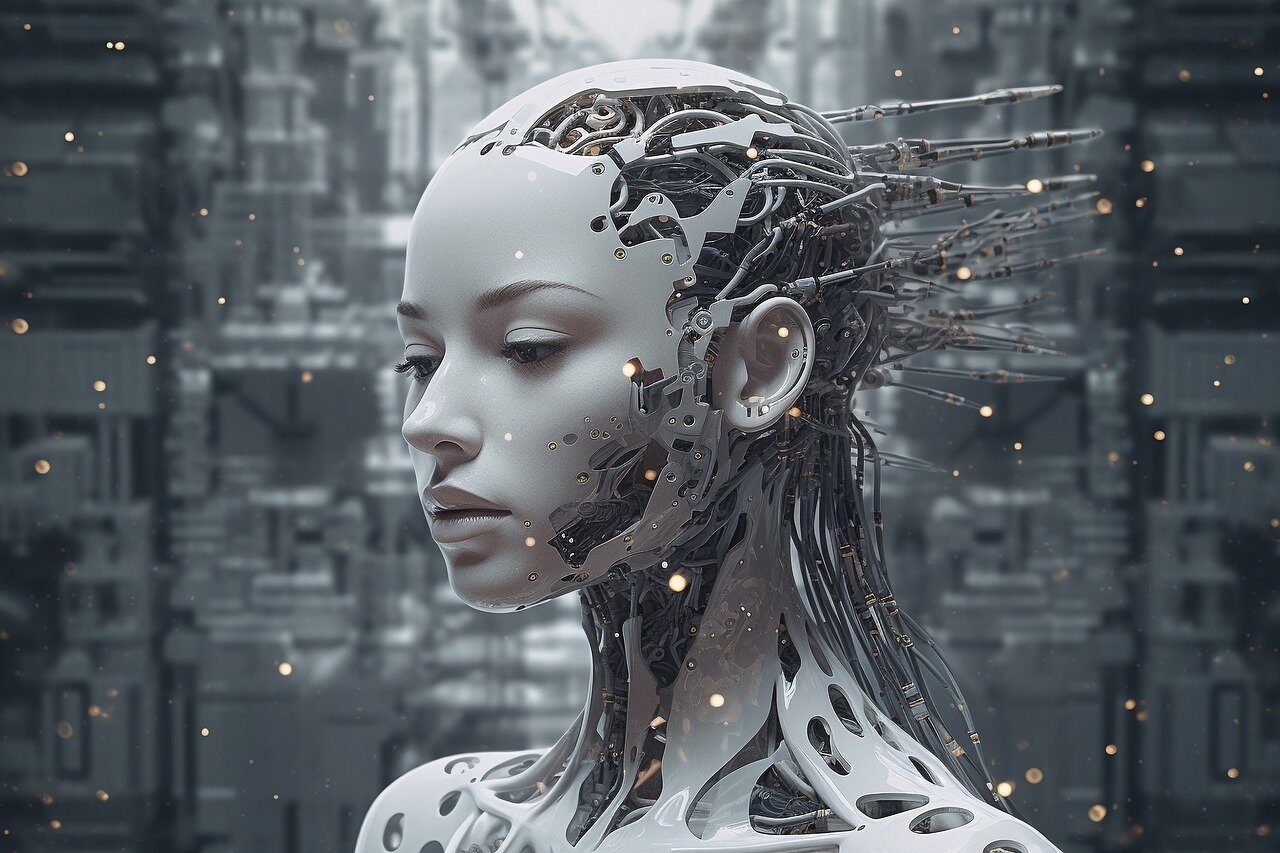
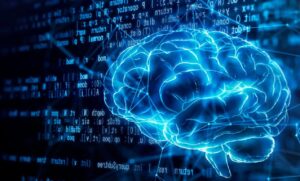
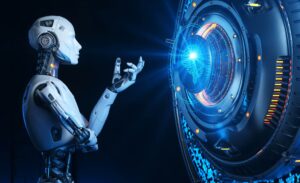
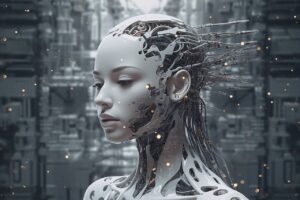
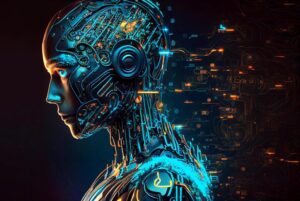





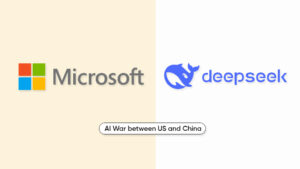
Post Comment